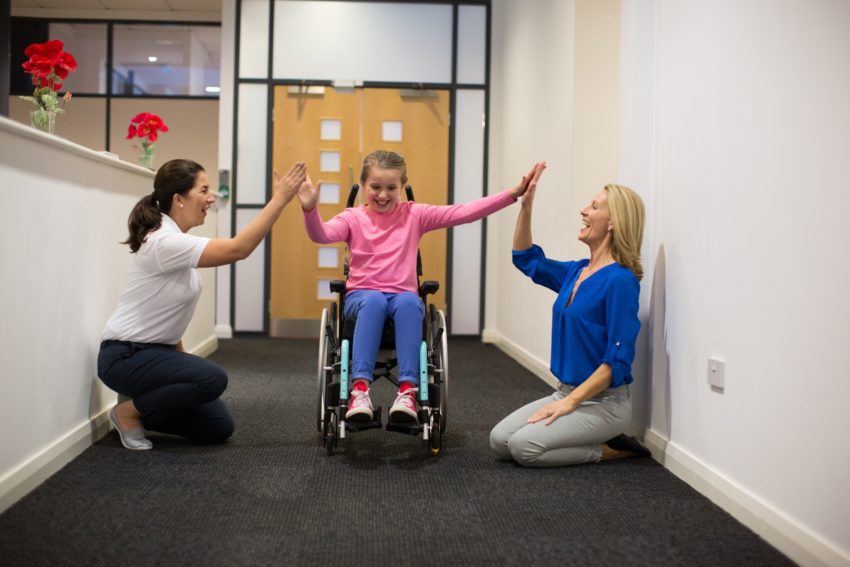Emotional support for children is important after an SCI, but how do you go about it?
Expectedly, an SCI is a significant change in the life of a patient and can be especially tough for children to handle. Due to the age factor, your child may not possess the emotional stamina to cope with an SCI and the attendant trauma that comes with it.
SCI comes with psycho-emotional stress which your child may be unable to pull through on his/her own. Carefully observe your child and look out for changes in him/her.
Sometimes, parental or familial support can be insufficient. The services of a professional will be required at this stage. For example, your child may need to consult a psychologist to help quell the shock experienced during the initial stages of an SCI.
As a guide, here’s a checklist of behavioural changes that suggest the need to seek professional support for your child:
- Change in relationship with peers and family members.
- A tendency to get involved in high-risk activities such as alcohol or drugs.
- Vehement denial of not being emotional even when you could sense such.
- Putting up a show of maturity and emotional strength than normal.
- Decreased desire to mingle with others or perform daily tasks.
- Mood swings that put he/she in a state of sadness for the most part of the day.
- Sudden bursts of anger which were hitherto not a behavioural trait before the infirmity.
- Insomnia or a surge in the frequency of nightmares.
Should you notice any of the above-listed changes in your child, don’t hesitate to seek expert care for him/her. Hospitals and rehabilitation centres do offer professional support services for patients. Alternatively, you could ask your child’s physician to refer you to a psychologist, social worker, or other professional that can be of help.
